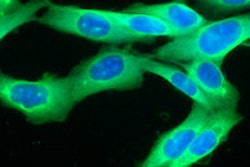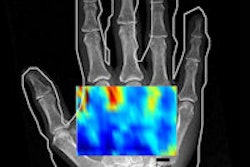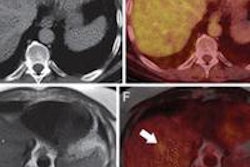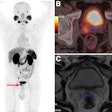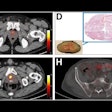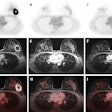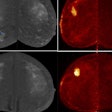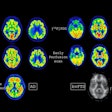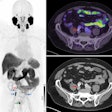Dear Molecular Imaging Insider,
Slowly but surely, PET/CT is gathering clinical momentum, it seems. Further evidence of the technique's potential for changing patient management decisions comes this month with the publication of a new U.K. study of recurrent malignant melanoma. Used via referral from a specialist skin cancer multidisciplinary team, FDG-PET/CT can become a very valuable tool, the authors believe. Get the story here.
Support is also growing for FDG-PET alone, however. Another recent study found the technique changed the management plan for more than one-third of patients with Merkel cell carcinoma, and altered disease stage in approximately one in five cases. With the information provided by FDG-PET and subsequent changes in treatment plans, overall survival for Merkel cell carcinoma patients was 60% after three years and 51% after five years. To read more, click here.
Meanwhile, preliminary research conducted in Naples, Italy, and the U.S. concluded that FDG-PET/MRI more accurately evaluated and more often changed the management of patients with various forms of cancer in a comparison with PET/CT. The researchers found PET/MRI outperformed PET/CT for swollen lymph nodes and tumors in regions that were difficult to assess with PET/CT, such as the kidneys, and achieved greater sensitivity with bony and hepatic metastases. Click here for the details.
The 20th International Conference on Medical Physics took place earlier this month, and we have a report about how performing PET on conscious, freely moving subjects can enable brain function to be studied. Motion mitigation techniques help to facilitate such "awake" PET scans. Click here to learn more.
This is only a small selection of articles that have appeared over recent weeks in your Molecular Imaging Digital Community. The full list appears below this letter.





